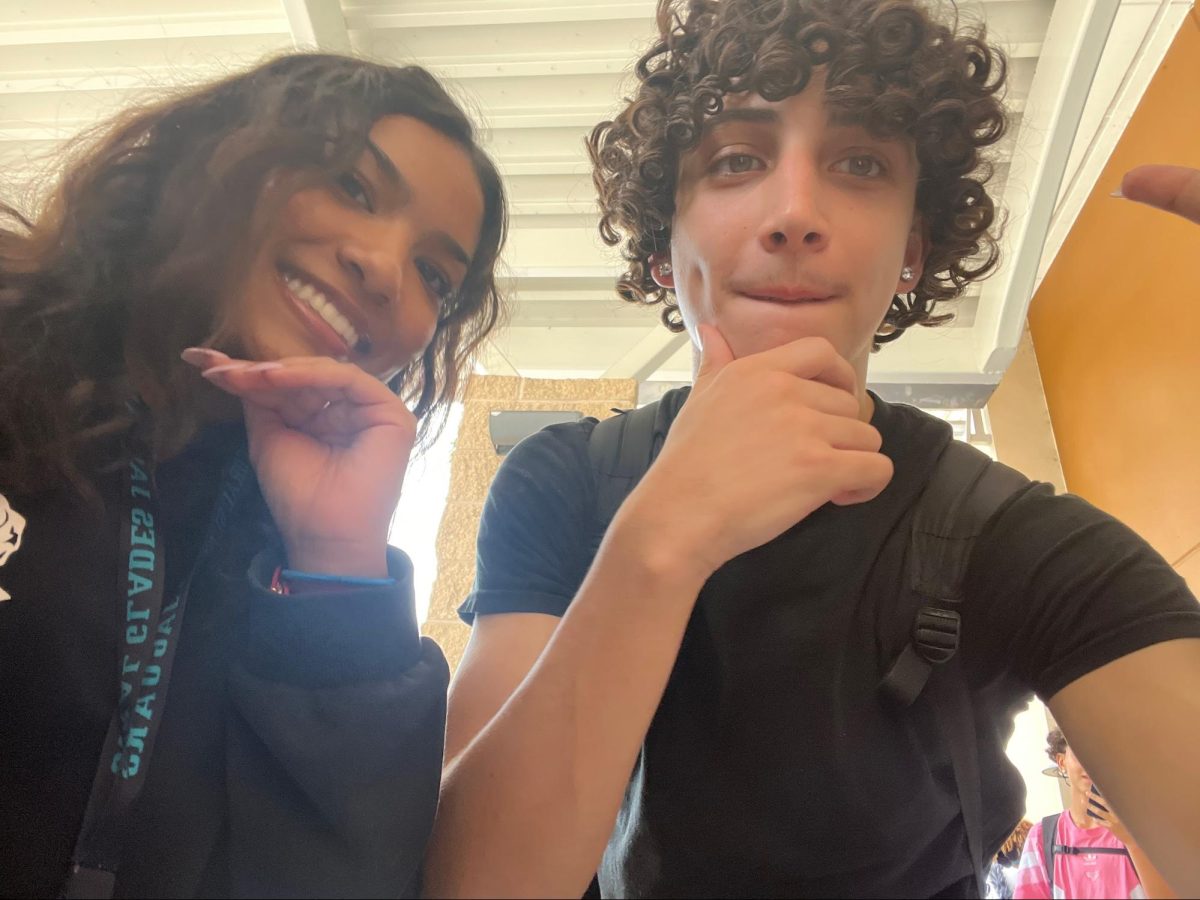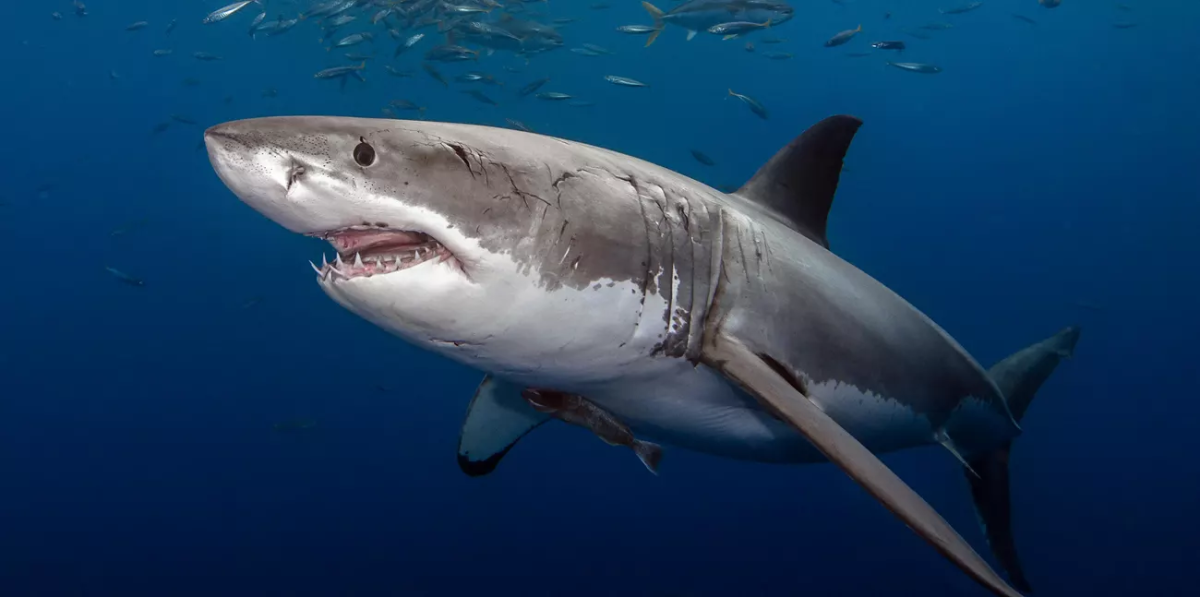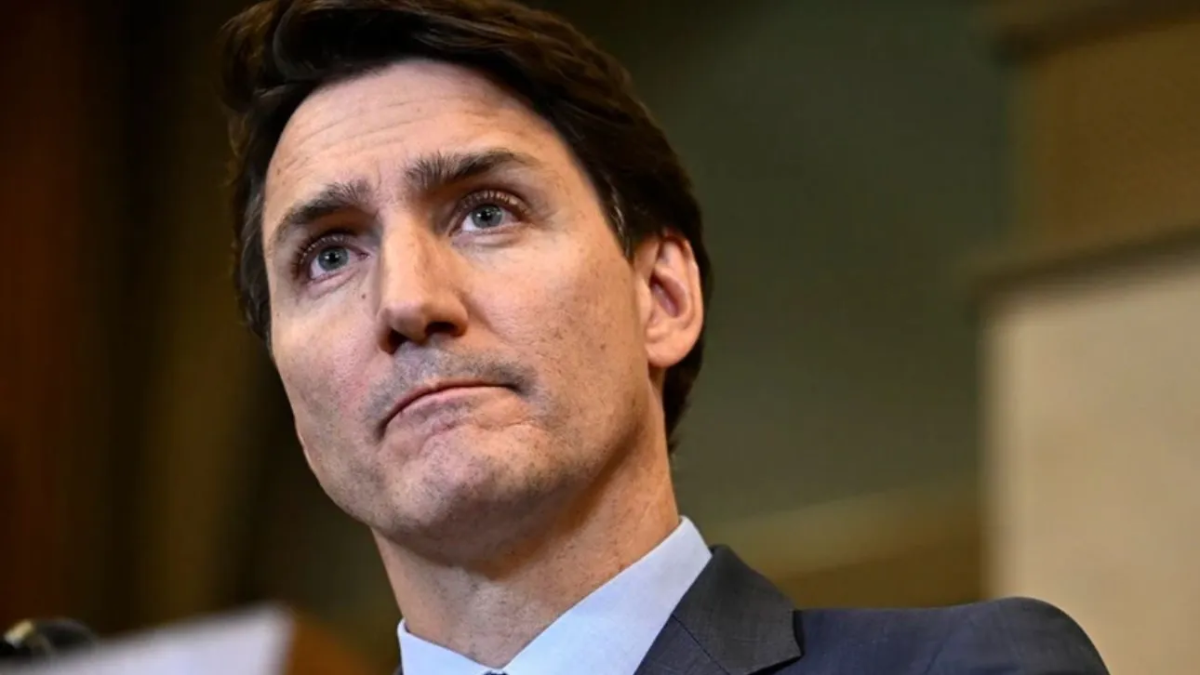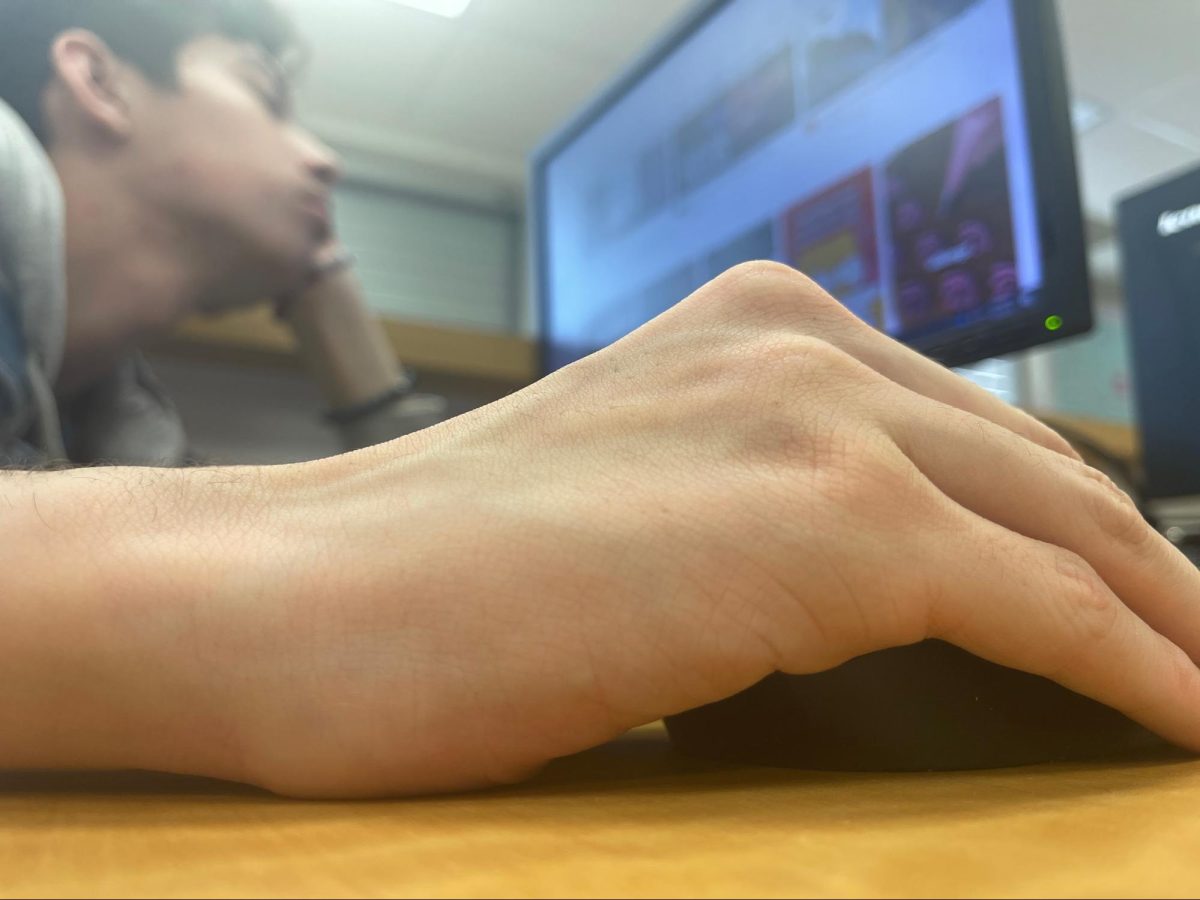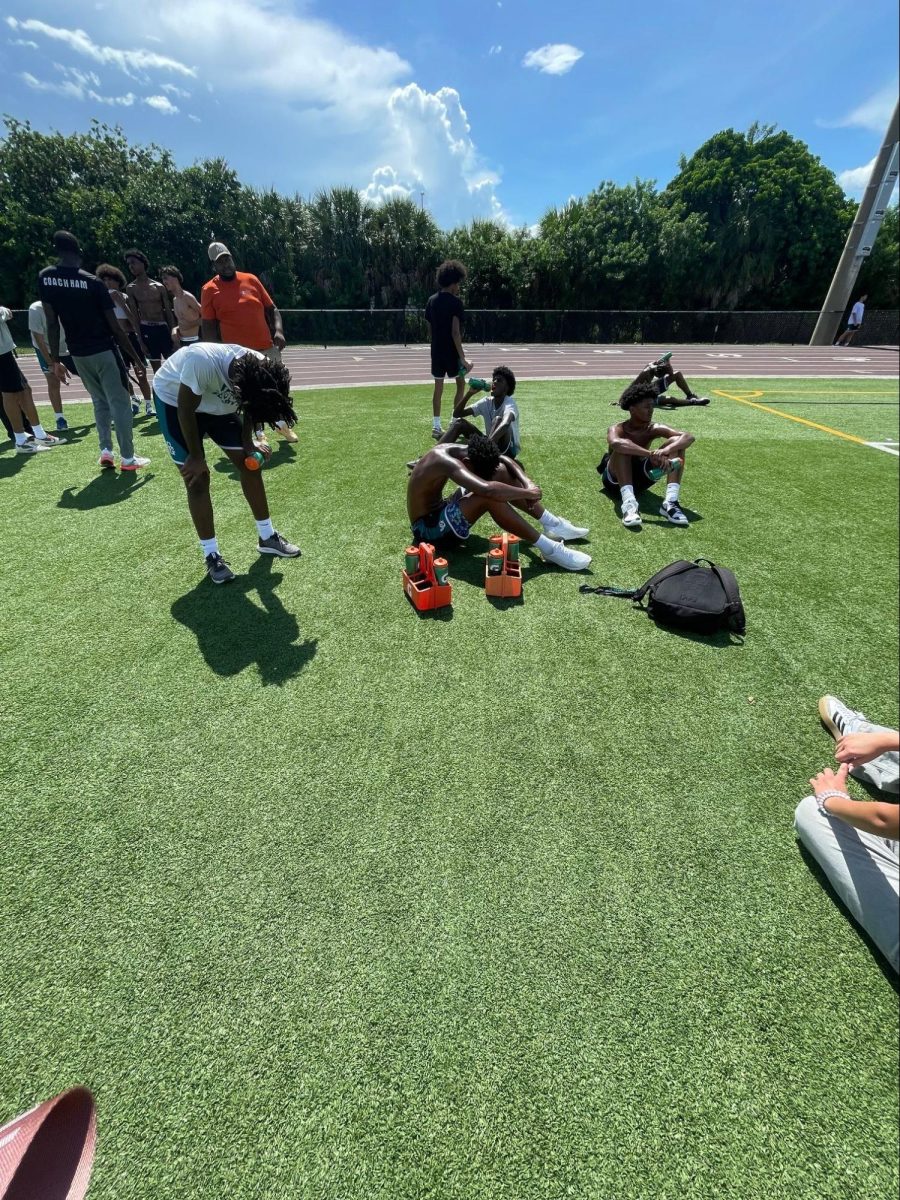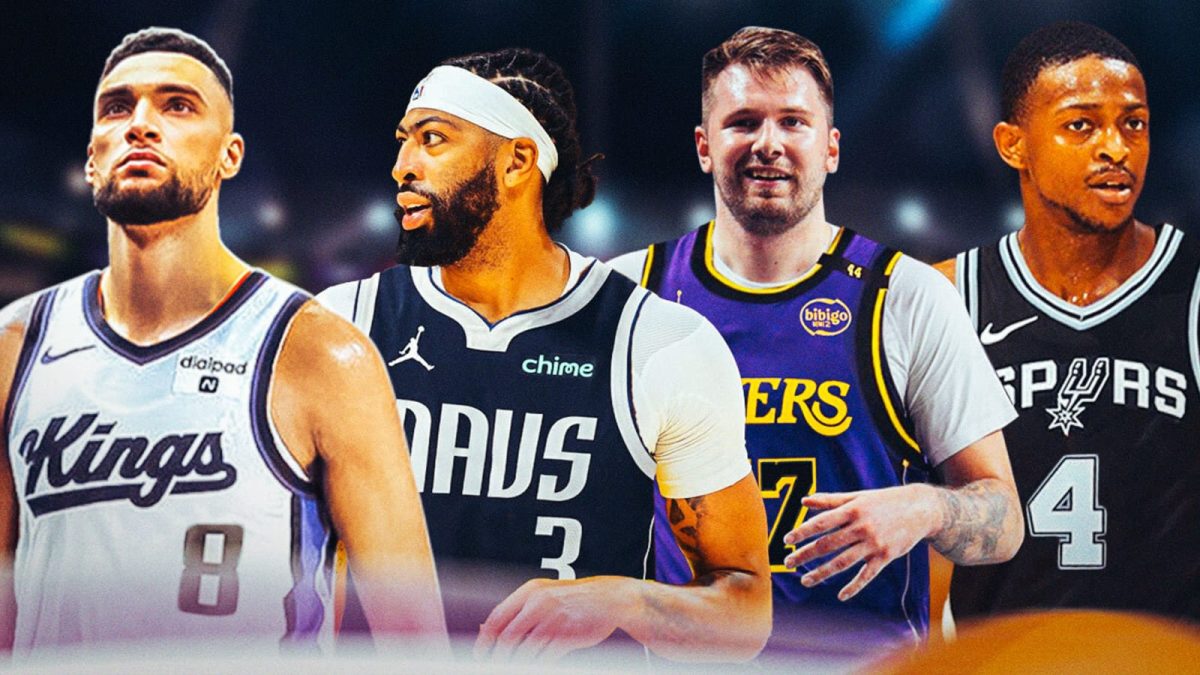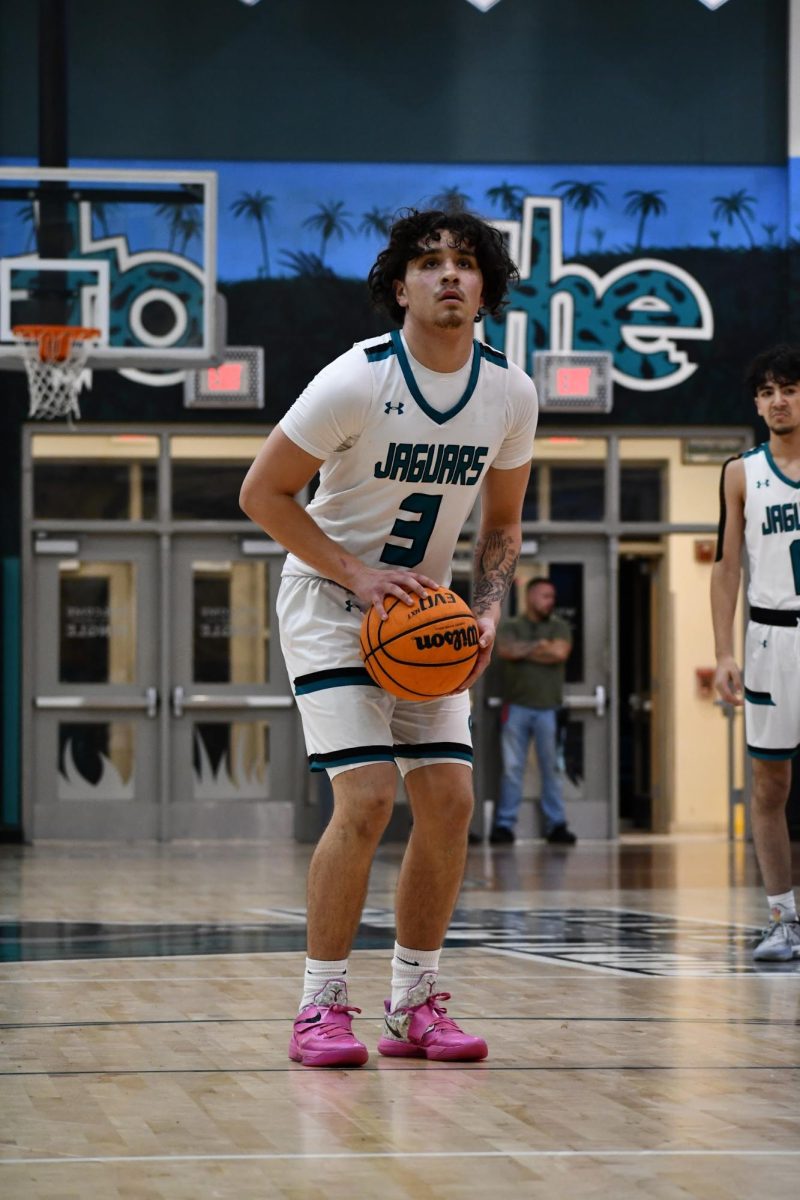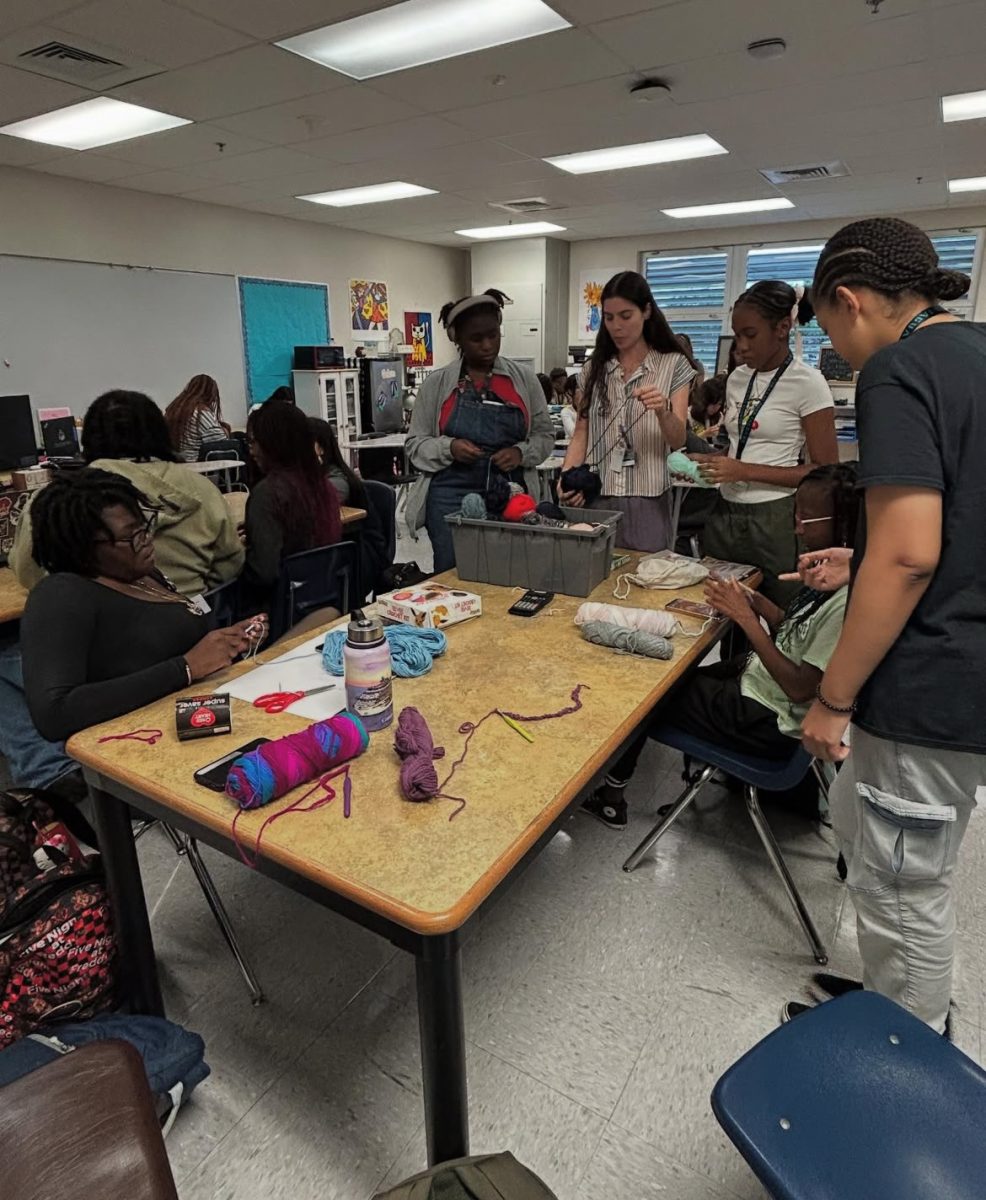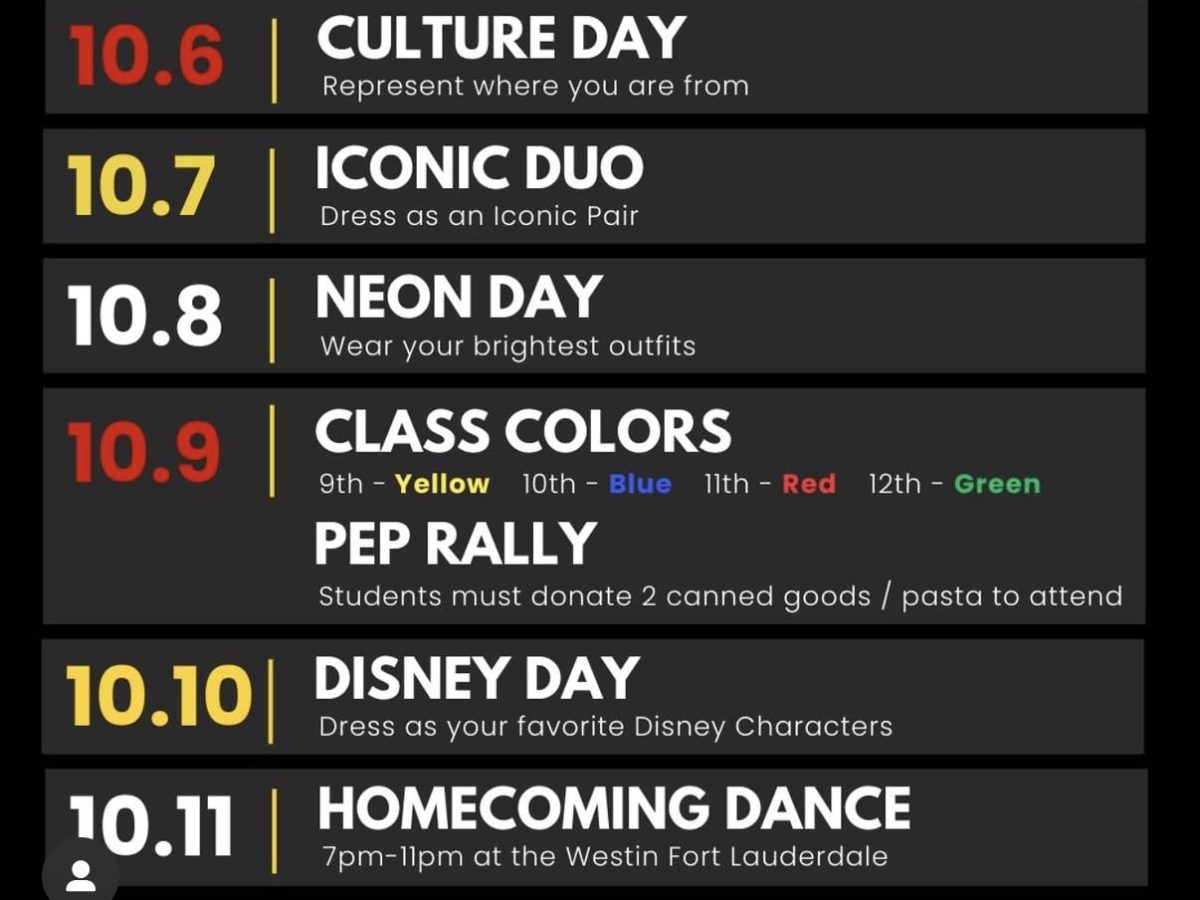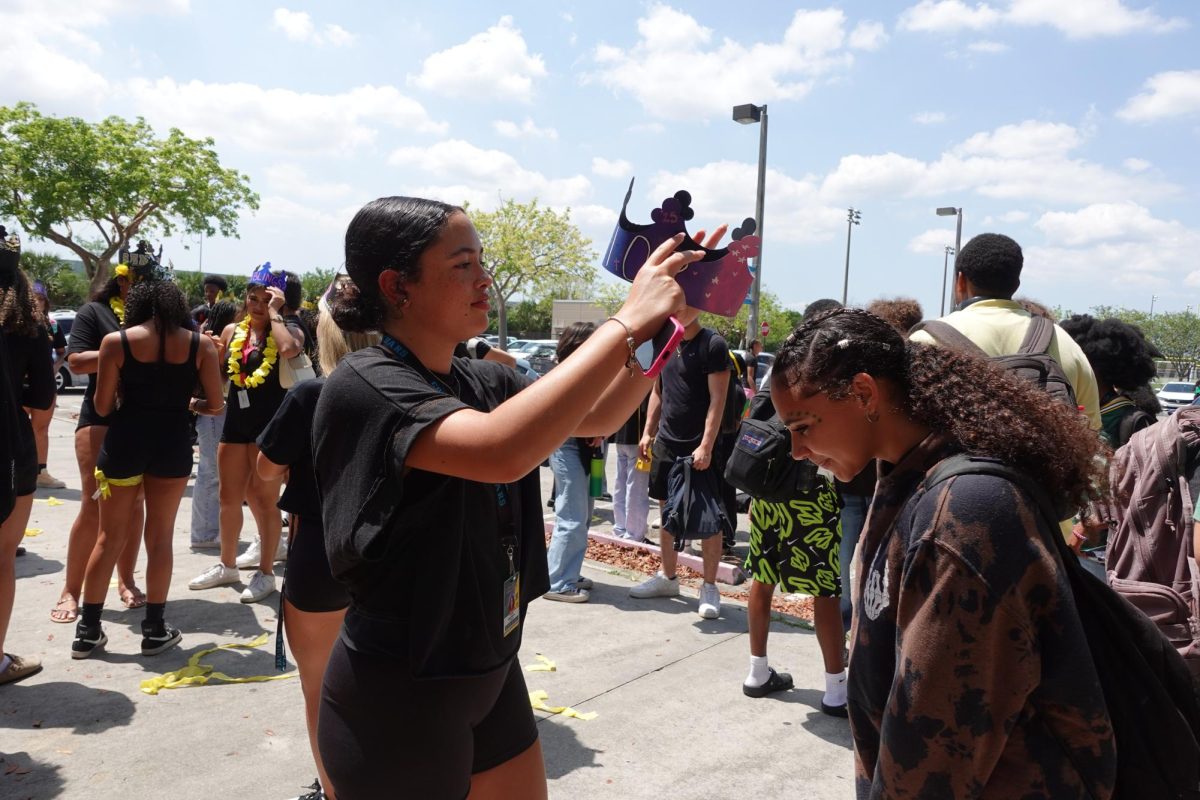College athletes are on one of the highest levels of their sport. Most of these athletes are well known in the sports world, achieving brand promos and endorsements. Although they earn money in some ways, should they be paid to play?
College sports programs receive around $13 billion in funding each year and in reality, these programs couldn’t truly thrive without the athletes. However, there are some cases where the athletes being paid may take away from the whole college sports. Let’s take a deep dive into whether or not college athletes should be paid.
Unpaid Talents: The Case For Compensation
College athletes are the future of the professional sports industry and while they are still students’ their sport is essentially their life. Tahj Chamberlain Soccer player and junior at Florida International University expresses his beliefs on this subject by saying “College athletes should be paid because they invest significant time, effort, and talent into their sport, often generating millions of dollars in revenue for their schools.
While scholarships cover education, they don’t account for the physical and mental demands placed on athletes or the sacrifices they make in their personal lives. Compensation would not only reflect their contribution but also provide financial security, especially for those whose professional careers may not materialize.”
These sports are taking up most of the hours in the student’s week between weight training, practices, film, and games while also balancing schoolwork and for some students a job, it can get pretty exhausting balancing everything with no return. Since they are already pretty much working a full-time job just as a professional athlete would, why not get paid like a professional athlete would?
Keeping Tradition Alive: Reason to Keep College Athletes Unpaid
College sports have always been about amateurism and getting an education. If the athletes are paid it takes away from the authenticity of college sports. Adding a paycheck into the picture takes away the student aspect of being a student-athlete.
The athletes become more focused on putting time and energy into their sport rather than managing their time so that they can put time into their sports, but also take the time for what matters, their academics. At the end of the day, each college has its requirements for students to remain in the school and these requirements are stricter when it comes to student-athletes.
If the athletes are not careful enough they could be suspended from participating in their sport and possibly be kicked out of the school. Former Volleyball player at Norwich University Brianna Dawson says “I don’t think college athletes should be paid because the promotion for the school should come naturally and not be forced by paying athletes to promote. Athletes may go to a professional league where that is a full-time job athletes are realistically there for academics. Players can forget about their academic obligations.”
There may also be inequality when it comes to pay differences between sports. For example, a school like UCONN that is ranked #1 in basketball will receive more funding to allocate to the basketball players meaning the basketball players will receive more pay than the UCONN football players as their football team is one of the worst collegiate football teams in the country.
To Pay or Not To Pay
Whether or not college athletes should be paid is controversial in the sports world. There are many ways to look at it but these athletes need to remember that their main goal as college athletes is to get their college education and the money will eventually follow.


